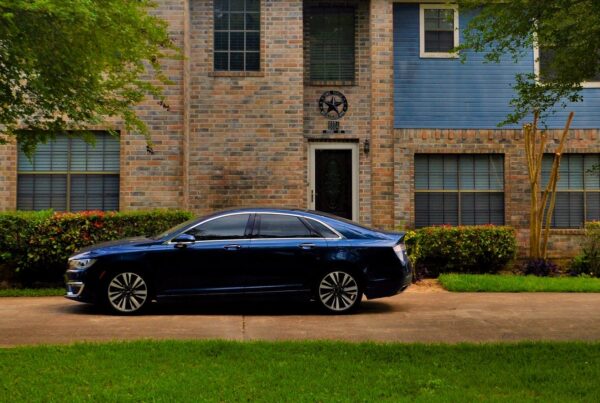Cohabitation. Living together. Romantic renters. Very, very close roommates.
Whatever you call it, it’s for young people, right? Wrong.
The fastest-growing demographic of unmarried couples living together is seniors, according to reports.*
Older adult couples may spurn marriage for specific financial reasons.
For example, a divorced person remarrying before age 60 may lose social security income from the prior marriage.
Also, unmarried couples are not responsible for each other’s medical expenses, which greatly increase with age.
And maintenance ends on remarriage under most divorce judgments.
If one cohabitating partner wants the other to receive any assets —bank accounts, real estate, stock, or a cherished figurine—on death, the partner must memorialize that intent in a will, trust, or other estate planning document.
Otherwise, the partner’s “natural” family, including children or siblings, could receive all of the partner’s assets.
The same logic applies to health care matters.
If one partner becomes ill, the other partner may not be able to participate in the ill partner’s medical decisions, consult with the ill partner’s doctor, or even see his or her loved one.
To prevent this, each partner should execute a health care power of attorney appointing the other to act on the partner’s behalf on medical matters.
Even burial/funeral arrangements will be legally made by the “natural” family unless action is taken. To give that power to cohabiting partners, each should sign a formal Authorization for Final Disposition.
*http://www.nolo.com/legal-encyclopedia/free-books/living-together-book/chapter2-8.html






